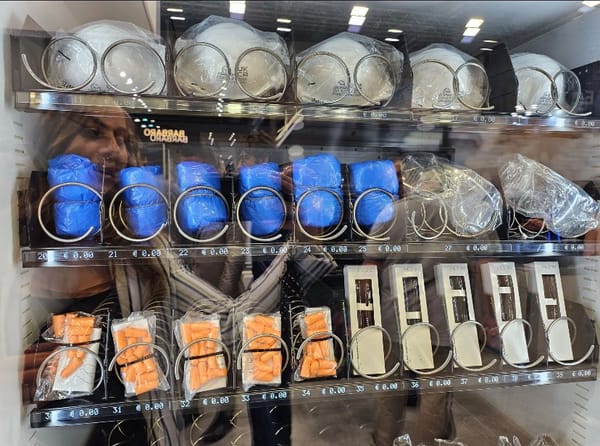Financial Resilience: Lessons from Balkan Economies

The Balkans, a region historically marked by political upheavals and economic challenges, has demonstrated remarkable resilience in the face of adversity. From the aftermath of the global financial crisis to the recent COVID-19 pandemic, Balkan economies have weathered numerous storms, offering valuable lessons in financial resilience to the global community.
One of the key factors contributing to the resilience of Balkan economies is their commitment to fiscal discipline and structural reforms. Governments across the region have implemented austerity measures, reduced public debt, and improved fiscal management to strengthen their economic fundamentals. For instance, Serbia's "Fiscal Strategy for the Period 2021-2023" aims to ensure fiscal sustainability, enhance public expenditure efficiency, and promote economic stability through prudent fiscal policies.
Moreover, Balkan countries have diversified their economies and reduced their dependence on traditional industries, such as agriculture and manufacturing, by promoting sectors like tourism, information technology, and renewable energy. Croatia, for example, has emerged as a popular tourist destination in recent years, attracting millions of visitors annually to its picturesque coastline and historic cities. Companies like Valamar Riviera, one of the largest hospitality groups in Croatia, operate a portfolio of hotels, resorts, and campsites catering to the diverse needs of tourists from around the world.
Furthermore, Balkan economies have embraced foreign direct investment (FDI) as a catalyst for economic growth and development. Countries like North Macedonia have implemented investment-friendly policies and incentives to attract multinational corporations and stimulate private sector investment. Coca-Cola Hellenic Bottling Company, for instance, has invested significantly in North Macedonia's beverage industry, operating a state-of-the-art production facility in the capital city of Skopje. With a focus on sustainability and innovation, Coca-Cola Hellenic is driving job creation, technology transfer, and economic prosperity in the region.
In addition to traditional sectors, the Balkans have witnessed a surge in fintech innovation, transforming the financial services landscape and driving financial inclusion. Companies like Penta, a digital banking platform based in Serbia, are revolutionizing banking services by offering seamless, user-friendly solutions tailored to the needs of small and medium-sized enterprises (SMEs). Founded in 2017, Penta provides business accounts, expense management tools, and payment solutions, empowering entrepreneurs to manage their finances more efficiently and effectively.
Moreover, the COVID-19 pandemic has underscored the importance of digitalization and remote work, accelerating the adoption of digital technologies across various sectors in the Balkans. Companies like Infobip, a global cloud communications platform headquartered in Croatia, have experienced rapid growth as businesses increasingly rely on digital communication channels to engage with customers and employees. With a presence in over 190 countries, Infobip offers a comprehensive suite of messaging, voice, and video communication solutions, enabling enterprises to connect and engage with their audiences anytime, anywhere.
In conclusion, the Balkan economies have demonstrated resilience in the face of economic challenges, driven by prudent fiscal policies, economic diversification, and innovation. By leveraging their strengths and embracing change, Balkan countries have positioned themselves as attractive investment destinations with significant growth potential. As the region continues to navigate uncertainties and capitalize on emerging opportunities, the lessons learned from its journey toward financial resilience serve as inspiration for economies around the world striving to build a more sustainable and prosperous future.




